Cavernoma
Home » Conditions » Cavernoma
What is a Cavernoma?
A cavernoma is a cluster of abnormal blood vessels, usually found in the brain and spinal cord. They are filled with blood that flows slowly. The cells lining a cavernoma are often thinner than those that line normal blood vessels, which means they’re prone to leaking blood. This effect can cause significant further complications, such as seizures, stroke symptoms, brain hemorrhages, and headaches. They can vary in size from a few millimeters to several centimeters.
Sometimes known as cavernous angiomas, cavernous hemangiomas, or cerebral cavernous malformation (CCM), At The Morrison Clinic™, we specialize in treating each of these pathologies with a focus on your best quality of life.
In most cases, there is no clear reason why a person develops this condition, and many times, it does not present symptoms.
If symptoms do occur, most people will develop them by the time they reach their 30s.
Symptoms of Cavernoma
A cavernoma often does not cause symptoms. Every year, roughly 1 person in every 400,000 is diagnosed with a cavernous angioma that presents symptoms, which include:
- Hemorrhages
- Seizures
- Headaches
- Dizziness
- Slurred speech
- Double vision
- Balance problems
- Tremors
- Fatigue
- Recall problems
- Difficulty concentrating
- Haemorrhagic strokes
The severity and duration of symptoms can vary depending on type, and where it is located in your brain or spine. Problems can occur if the vessels bleed or press on certain areas of the brain.
In most cases, the bleeding from a cavernoma is small – usually around half a teaspoonful of blood – and may not cause other symptoms. But severe hemorrhages can be life threatening and may lead to long-lasting problems. You should seek medical help as soon as possible if you experience any of the above symptoms for the first time.
The condition can sometimes run in families – less than 50% of cases are thought to be genetic. But in most cases cavernomas occur randomly. Some cases have also been linked to radiation exposure, such as previously having radiotherapy to the brain, usually as a child.
Learn more about your specific Cavernoma symptoms, and how they can be treated at The Morrison Clinic™. Schedule an e-consult.
Ways to Avoid Cavernoma Surgery
Cavernomas are unfortunately not treatable with medicine. However, such medications often do help with reducing significant symptoms such as seizures and headaches.
Cavernoma Surgery and Treatments
The recommended treatment for cavernoma will vary depending on a person’s circumstances and factors. These include such as size, location and number of caveernomas.
Some cavernoma symptoms, such as headaches and seizures, can be controlled with medication. The Morrison Clinic sometimes recommends more invasive treatment, such as cavernoma surgery, to reduce the risk of future hemorrhages. The decision to perform such treatment is made on a case-by-case basis by Dr. Morrison.
Types of cavernoma treatment to reduce risk of hemorrhages:
- Neurosurgery, carried out under general anesthetic, to remove the cavernoma.
2. Stereotactic radiosurgery, where a single concentrated dose of radiation is aimed directly at the cavernoma. This causes it to become thickened and scarred
In most cases, neurosurgery is preferred to stereotactic radiosurgery because the effectiveness of radiosurgery in preventing hemorrhages is unknown.
Stereotactic radiosurgery is usually only considered by our specialists if the location of the angioma makes neurosurgery exceedingly dangerous.
Cavernoma Surgery Risks
Risks of invasive treatment such as cavernoma surgery include stroke and death, although the exact risks vary on your paritcular condition. We recommend you thoroughly discuss the possible risks of treatment with Dr. Morrison prior to surgery.
Schedule an e-consult with our South Florida neurosurgery specialists to discuss your treatment options today.
Prognosis
The prognosis for an untreated cavernoma is risky. While a cavernous angioma may not impact “regular” patient function, it can unexpectedly and repeatedly cause seizures, stroke symptoms, hemorrhages, and headaches.
Cavernoma Surgery Recovery
Patients with a treated cavernous angioma enjoy a much less risky prognosis that enables them to live life a greter quality and confidence of life.

